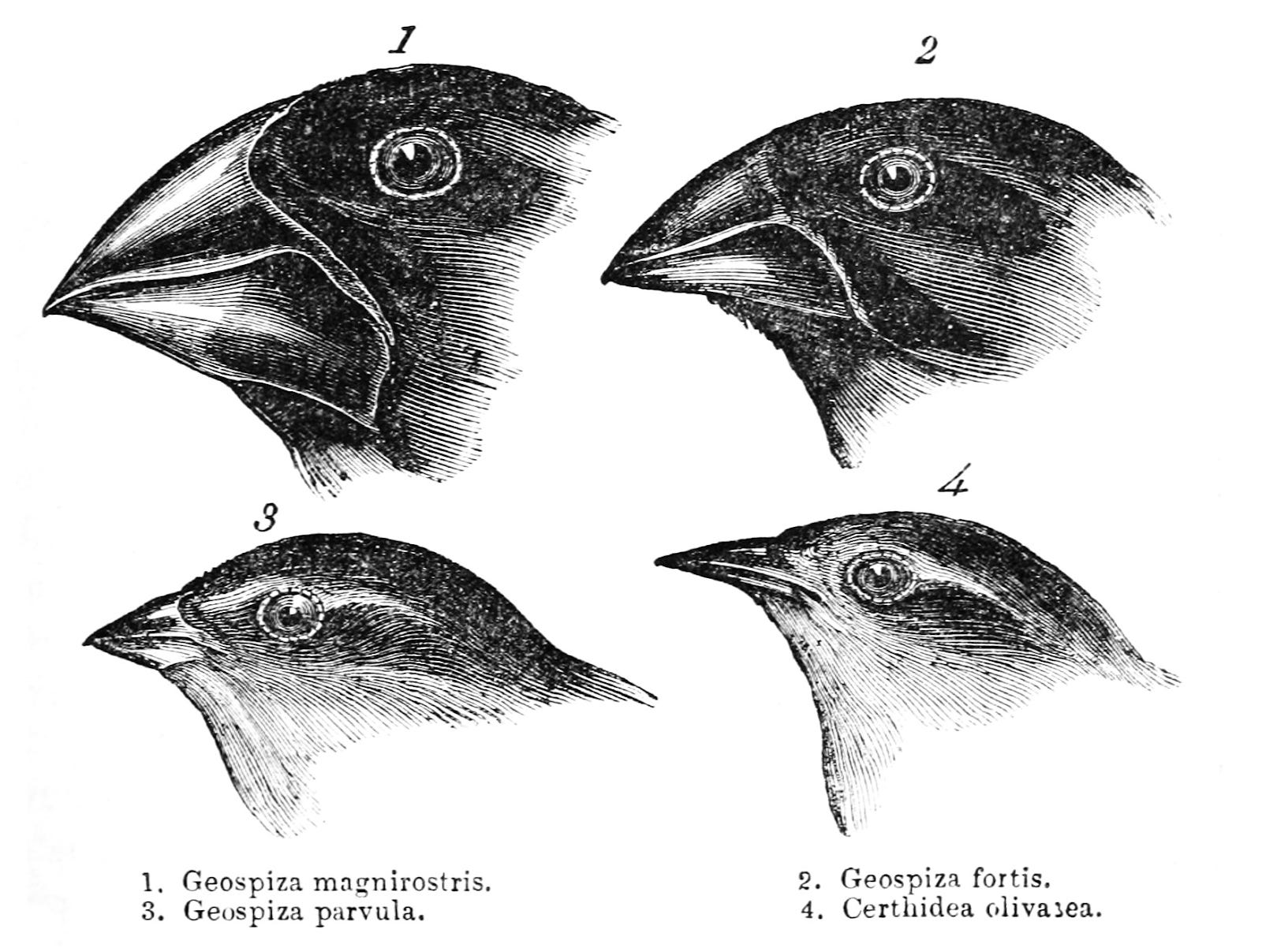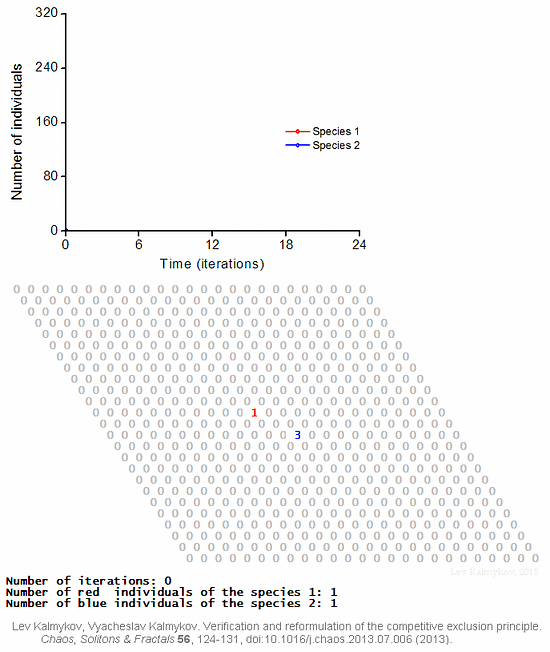🔒 This is a preview of a Divinations Premium post
 |
A couple days ago I had a chat with an executive in media about the bundling strategy at Everything. The executive said a lot of interesting things on that call, but there was one phrase that particularly piqued my interest:
“The Competitive Exclusion Principle”
At one point, I was explaining how a goal at Everything is to fund people to write essays of greater depth and polish than is possible if they had to publish weekly, and that maybe this could be a compounding advantage for us — the bigger we get, the more we can invest in great writing and thinking, the more subscribers we attract, the more we can invest, the harder it might become for lower-cost writing to compete. He nodded his head and said, “Ah, yes, the competitive exclusion principle!” He said it a couple of times like this, and in each instance my ears pricked up.
I had no idea what it meant, but it sounded juicy. So that night I did a bit of digging.
(Normally I’d just ask, but we had very little time, okay?? 😆)
Anyway — Wikipedia explains that the competitive exclusion principle comes from biology. It means that two different species who compete for the same resource in the same habitat cannot coexist in stable equilibrium. One is going to dominate, and the other will be forced to find a new ecological niche or face extinction.
You probably recognize this from high school biology: imagine an island inhabited 50% by long-tongued anteaters and 50% by short-tongued anteaters, an animal I have just invented. With even a slightly longer tongue, you can eat a few more ants in a single bite, and reach a bit deeper into the anthills. So in the first generation, the long-tongued species is going to get slightly more food than the short-tongued species. This will translate into slightly higher rates of survival and reproduction, which means the second generation of anteaters on the island will be slightly tilted towards the long-tongued species — perhaps 51/49.
This miniscule advantage might not seem like a big deal. But play it forward long enough and the advantage accumulates — turning into quite a catastrophe for the poor short-tongued creatures, who are eventually wiped out:
 |
This type of “winner-take-all” dynamic is familiar to those of us who work in the technology industry. The basic goal of venture capital is to identify long-tongued anteaters early, give them the resources to grow even longer tongues, and reap the benefits of the competitive exclusion principle. When it happens, it can work fantastically well for the shareholders of the dominant species.
But unless you were paying extremely close attention, you might have missed a puzzling paradox:
To keep reading this article, you need to become a Divinations Premium subscriber through the Everything bundle. It’s $20 per month, or, if you think you’ll stick around for a year and you’d like to save $40, you can pay $200 per year.
What you get when you become a Divinations Premium member through the Everything bundle:
My series of essays distilling Michael Porter’s ideas. If you don’t know Porter, he’s the HBR professor that created the foundation for modern strategy in the 80’s, and his ideas remain essential today.
My series of essays distilling Clayton Christensen’s ideas. You’ve probably head of “disruption,” but how deeply do you know it? And have you dug into his other, more interesting idea: “the theory of conservation of modularity”? Christensen’s work is often misrepresented, but is critical for any founder or investor to know.
Divinations original frameworks, like this essay, and others, such as “kernel strategies,” which explains the shape that all good startup strategies must take.
Everything else in the bundle, including great stuff from Superorganizers (on productivity), Napkin Math (on investing), Praxis (from the inimitable mind of Tiago Forte), and Means of Creation (a talk show featuring Li Jin and myself on the passion economy). And we’re adding new stuff all the time! Just this week we launched Almanack, by Nat Eliason, which promises to help you get more healthy, wealthy, and wise.
PS — If you can’t afford a subscription for any reason, please email me and we’ll work something out!

